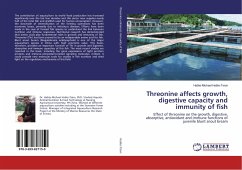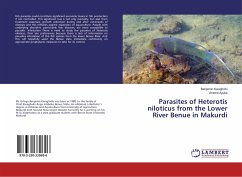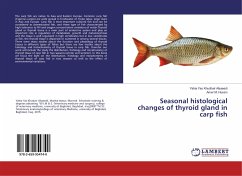The contribution of aquaculture to world food production has increased significantly over the last few decades and this sector now supplies nearly half of the total fish and shellfish used for human consumption. However, the downside of intensification of the farming operations has been economic losses, primarily due to infectious diseases. Efforts have been made in the case of farmed fish species to understand the link between nutrition and immune responses. Nutritional research has demonstrated that amino acids play fundamental roles in growth and immunity of fish. Threonine (Thr) has been proved to be an indispensible amino acid for fish. Blunt snout bream (Megalobrama amblycephala) is one of the major aquaculture species in China with high economic value. This book, therefore, provides an important function of Thr in growth and digestive, absorptive and immune capacities of this fish. The most recent studies are reported in this book, including the gene expressions of tight junction proteins and immune-antioxidant-related signaling molecules. Indeed, it could provide new molecular tools for studies in fish nutrition and shed light on the regulatory mechanisms of this field.
Bitte wählen Sie Ihr Anliegen aus.
Rechnungen
Retourenschein anfordern
Bestellstatus
Storno








